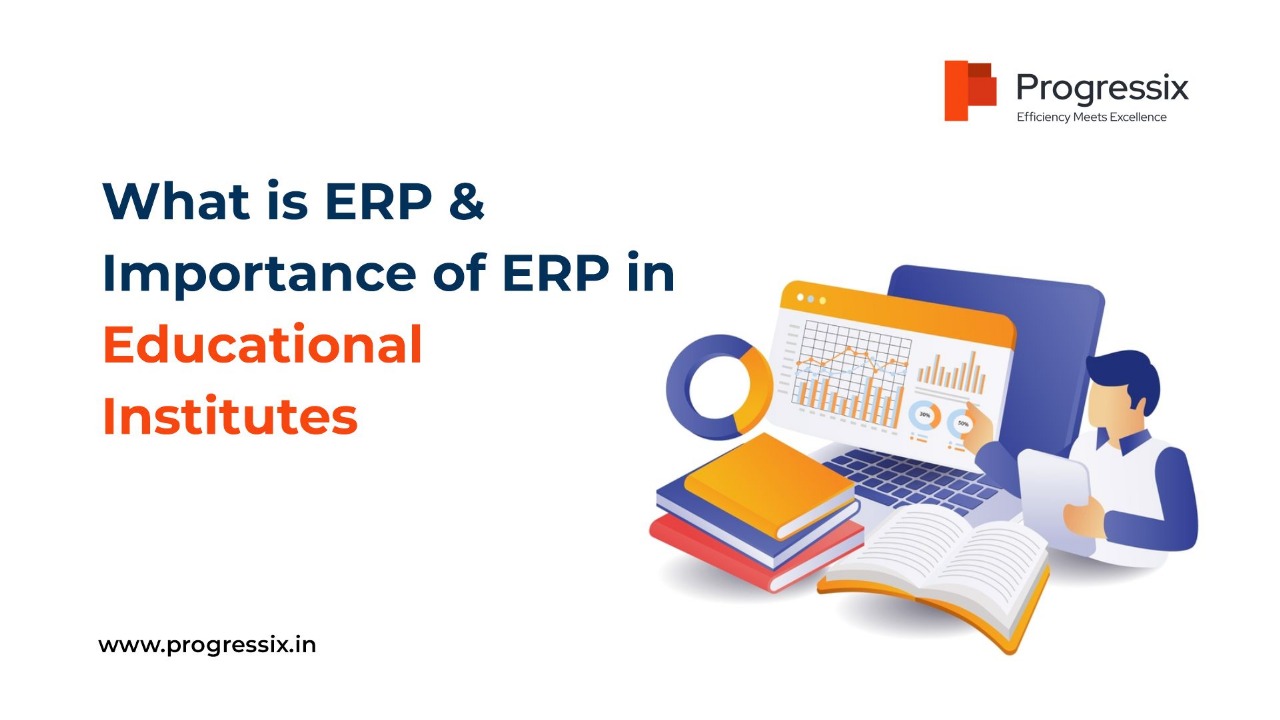What is ERP and Importance of ERP in Educational Institutes
The education sector is undergoing a significant transformation. As technology continues to evolve, educational institutions are embracing innovative solutions to streamline operations, enhance communication, and ultimately, improve the learning experience for students. Enter Enterprise Resource Planning (ERP) systems – a game-changer for educational institutes seeking to optimize efficiency and achieve excellence.
What is ERP (Enterprise Resource Planning)?
ERP stands for Enterprise Resource Planning. It’s a comprehensive software suite that integrates various departments and functions within an organization into a single, unified system. In 1992, a team of former IBM engineers introduced Educational ERP, which revolutionized the educational sector by integrating the entire organization into a unified system.
Read Also: Best ERP Software and Digital Marketing Company in Patna
This software simplified data flow, minimized manpower, reduced paperwork, and enhanced productivity. Educational ERP encompasses academic and non-academic services, offering a digital solution to manage tasks efficiently.
Origin of ERP: A Brief Overview
The concept of ERP traces its roots back to the 1960s and 70s when businesses began to realize the need for integrated systems to manage their growing complexities. However, it wasn’t until the 1990s that ERP as we know it today came into existence.
The term “Enterprise Resource Planning” was coined by The Gartner Group, describing a category of software that integrated various business functions into a unified system.
Read Also: The Role of an Institute Management System in Modern Education
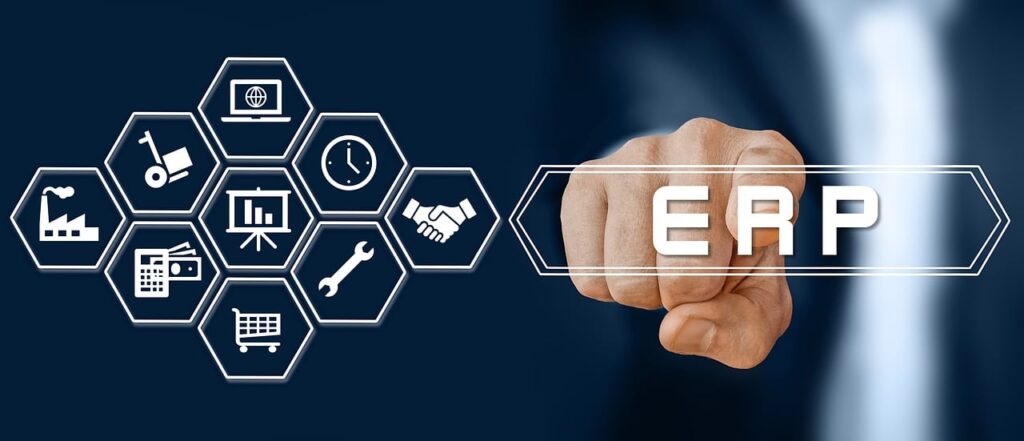
The History of ERP Companies: Pioneers and Innovators
Several companies have played pivotal roles in shaping the ERP landscape over the years. One of the earliest ERP systems, SAP R/3, was launched by the German software giant SAP in 1992. This marked the beginning of a new era in business management software.
Read Also: How to Choose the Right Mobile App Development Company
Other notable players such as Oracle, Microsoft, and Infor soon followed suit, introducing their own ERP solutions, each with its unique features and capabilities.
ERP system acts as a central hub, seamlessly managing a wide range of critical activities like:
- Admissions & Enrollment: Streamline the application process, manage student data, and automate fee collection.
- Academics: Manage curriculum, create class schedules, assign instructors, and track student progress.
- Examinations: Conduct online exams, generate reports, and manage results effectively.
- Human Resources: Manage payroll, attendance, leaves, and professional development for staff members.
- Finance & Accounting: Track income and expenses, generate invoices, manage budgets, and ensure financial transparency.
- Library Management: Maintain an organized catalog, automate book borrowing and return processes, and track resource usage.
- Inventory Management: Track and manage school supplies, equipment, and other resources effectively.
- Communication & Collaboration: Facilitate communication between students, teachers, parents, and administrators through a centralized platform.
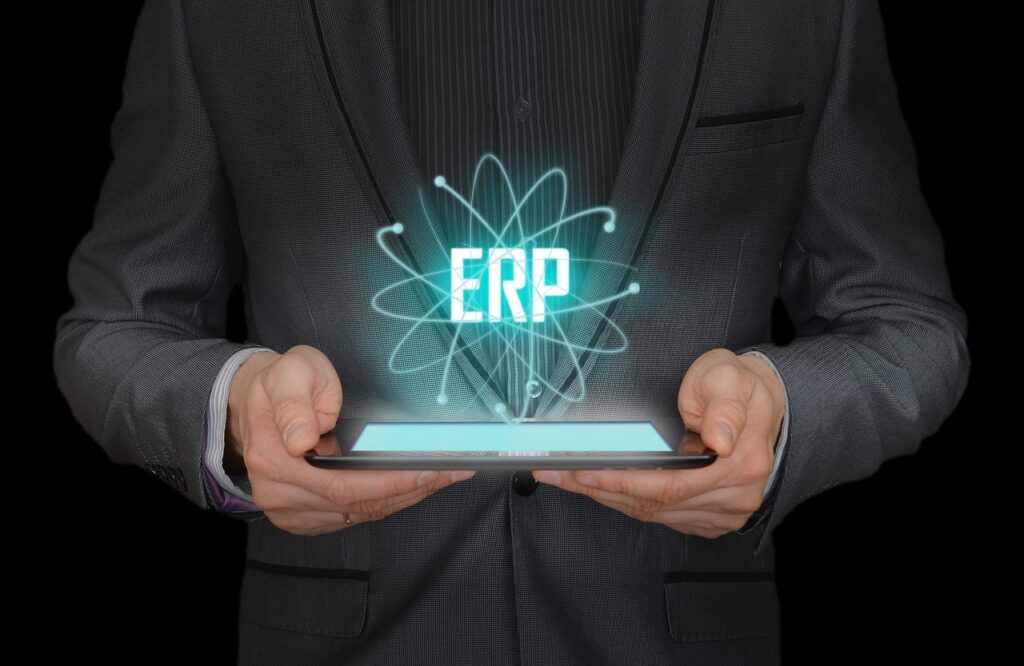
The Importance of ERP in Educational Institutes: A Multifaceted Advantage
Implementing an ERP system in your educational institute can unlock numerous benefits, transforming the way you operate and paving the way for a more efficient and effective learning environment. Here’s a closer look at the crucial advantages:
- Enhanced Operational Efficiency: ERP automates manual tasks, reduces redundancy, and streamlines processes, freeing up valuable time for staff to focus on core educational activities.
- Improved Data Management: A centralized system ensures accurate, consistent, and readily available data across all departments, leading to better decision-making.
- Increased Transparency & Accountability: Real-time access to information fosters transparency and accountability for all stakeholders, including students, parents, and administrators.
- Enhanced Communication & Collaboration: ERP facilitates seamless communication between various departments and stakeholders, leading to better collaboration and improved decision-making.
- Streamlined Admissions & Enrollment Processes: Automate application processing, manage student data efficiently, and simplify fee collection.
- Effective Resource Management: Optimize resource allocation and usage for classrooms, libraries, laboratories, and other facilities.
- Improved Student Performance & Engagement: Provide students with easier access to information, track progress reports, and personalize learning experiences.
- Informed Decision-Making: Access data-driven insights for informed decision-making regarding curriculum development, resource allocation, and strategic planning.
Why Progressix is the Best ERP Agency in Patna to Help You Implement ERP
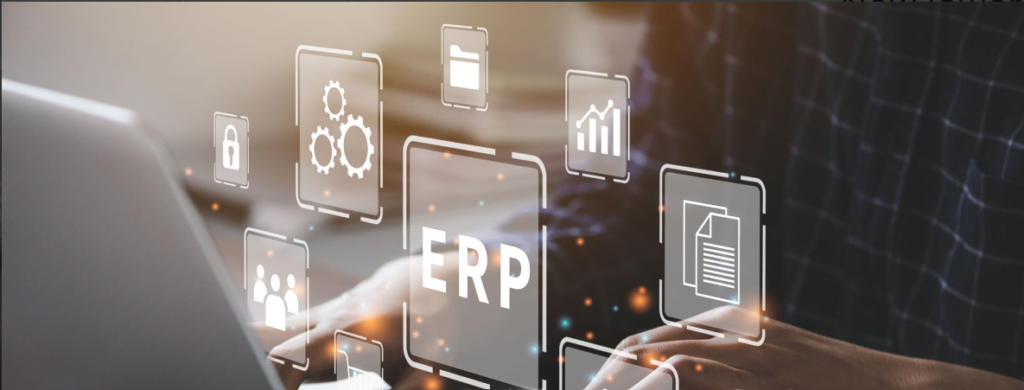
Choosing the right ERP partner is critical for the successful implementation of an ERP system in your educational institute. Progressix, the leading ERP agency in Patna, stands out with its:
- Deep Expertise: Progressix possesses extensive experience in implementing ERP solutions for educational institutions of all sizes and types.
- Tailored Solutions: They understand that each institute has unique needs. Progressix offers customized solutions to ensure the ERP system aligns perfectly with your specific requirements.
- Seamless Implementation: Their team of experts will guide you through every step of the implementation process, ensuring a smooth transition.
- Reliable Support: Progressix offers ongoing support and maintenance to ensure you get the most out of your ERP system.
- Cost-Effective Solutions: They provide cost-effective solutions that fit your budget and deliver a high return on investment.
Progressix: Your Trusted Partner in Educational Transformation
By partnering with Progressix, the best ERP agency in Patna, you can leverage their expertise to implement a customized ERP solution that optimizes your educational institute’s operations and empowers you to deliver a superior learning experience. Here’s what Progressive can do for you:
- Needs Assessment: They will work closely with you to understand your specific needs and challenges.
- Solution Selection: Based on your needs, they will recommend the most suitable ERP solution for your institute.
- Customization & Configuration: They will customize the ERP system to fit seamlessly with your existing workflows and processes.
- Data Migration & Integration: They will safely migrate your data to the new system and ensure seamless integration with existing applications.
- Training & Support: They will provide comprehensive training for your staff and ongoing support to ensure successful adoption of the ERP system.
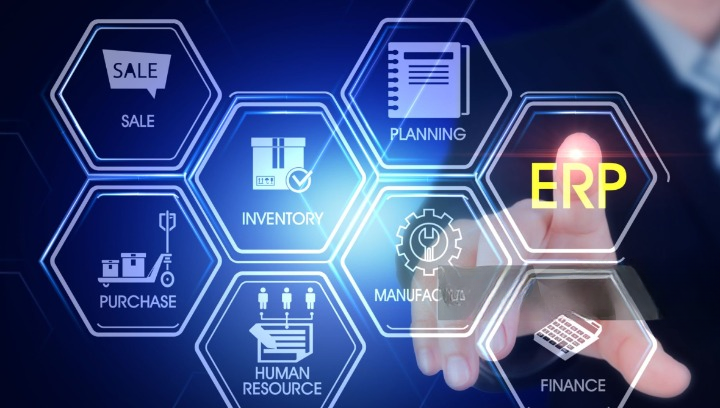
Objectives of Educational ERP: Educational ERP aims to simplify data flow within educational institutions, saving time and reducing manual efforts. By minimizing paperwork, it ensures accuracy and consistency in data management. Additionally, it enhances productivity while reducing costs, making it an essential tool for educational institutes.
Role of ERP in Education Sector: Educational institutes face numerous challenges in managing data effectively. An Educational ERP, also known as School Management Software, plays a crucial role in addressing these challenges. It ensures accurate and consistent data management across departments, simplifying administrative tasks and improving operational efficiency.
Read Also: What should be focused during running of meta ads for a coaching
Types of ERP Used in Education Sector: Various types of ERP systems cater to different needs within the education sector, including School Management System, College Management System, Hostel Management System, and Transport Management System. Each system serves specific functions, enhancing overall management efficiency.
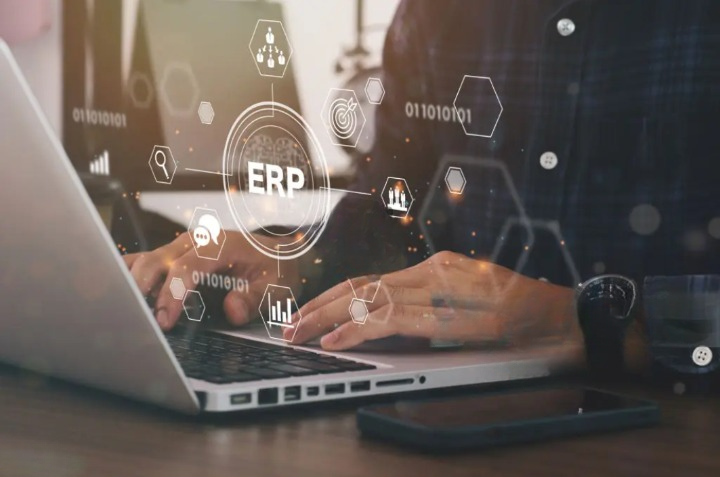
Features of Educational ERP: Educational ERP offers several features, including easy maintenance of information, student progress tracking, monitoring of institutional operations, and promoting transparency among stakeholders. Its self-sufficient capacity to automate and integrate industry-related activities makes it a preferred choice among educational institutions.
Read Also: Top 10 Creative Ways to Boost Your Social Media Engagement
Advantages of Educational School ERP: Progressix, an Educational ERP, facilitates effective communication among stakeholders, improves collaboration, connects multiple departments, ensures data security, and enables prompt decision-making. Its centralized database and real-time data recording enhance efficiency and productivity.
Benefits of Progressix ERP to Schools/Coaching/Colleges: Educational ERP enhances accuracy and consistency in administrative tasks, reduces paperwork, centralizes reporting, and saves time and money. It empowers teachers to manage tasks efficiently and enables students to access information conveniently. Parents can track their children’s activities and communicate with teachers effectively.
Conclusion
In conclusion, ERP systems play a pivotal role in empowering educational institutes to achieve operational excellence, enhance student outcomes, and drive institutional growth. By leveraging the transformative capabilities of ERP, educational institutions can streamline processes, foster collaboration, and make data-driven decisions that propel them towards success in the digital age.
Read Also: What should be focused during running of meta ads for a coaching
In Patna, Progressix stands as a trusted partner and industry leader in delivering innovative ERP solutions that empower educational institutes to unleash their full potential. With a commitment to excellence, customer satisfaction, and continuous improvement, Progressix continues to redefine the educational landscape and pave the way for a brighter future.
In the journey towards educational excellence, embrace the power of ERP with Progressix and unlock new possibilities for your institution’s success.
Frequently Asked Questions about What is ERP and Importance of ERP
As educational institutions strive to modernize their operations and enhance efficiency, Enterprise Resource Planning (ERP) systems have become increasingly relevant. Here are some frequently asked questions about ERP for educational institutes:
1. What is an ERP system, and how does it benefit educational institutes?
- An ERP system is a comprehensive software solution designed to integrate and streamline core business processes across various functions within an organization. For educational institutes, ERP systems offer benefits such as streamlined administrative processes, enhanced data management, improved communication, and better decision-making capabilities.
2. How can ERP systems help in managing student information?
- ERP systems enable educational institutes to manage student information comprehensively, including admissions, registrations, attendance, grades, academic records, and student demographics. With centralized databases and user-friendly interfaces, ERP systems make it easier for administrators to access and update student information securely.
3. What are the key modules or features of ERP systems for educational institutes?
- ERP systems for educational institutes typically include modules or features such as student information management, academic planning, course scheduling, financial management, human resources management, library management, examination management, and communication portals for students, faculty, and parents.
4. How can ERP systems improve communication and collaboration within educational institutes?
- ERP systems provide centralized communication portals and collaboration tools that facilitate seamless interaction among students, faculty, administrators, and parents. These platforms allow stakeholders to access important announcements, academic resources, schedules, grades, and other relevant information, fostering a culture of transparency and collaboration.
5. Are ERP systems customizable to meet the specific needs of educational institutes?
- Yes, ERP systems are highly customizable to adapt to the unique requirements and workflows of educational institutes. Institutions can configure ERP modules, user interfaces, data fields, and reporting functionalities to align with their organizational structure, policies, and objectives.
6. How do ERP systems ensure data security and privacy for educational institutes?
- ERP systems incorporate robust security measures such as role-based access controls, data encryption, user authentication mechanisms, and audit trails to safeguard sensitive information and ensure compliance with data protection regulations such as GDPR and FERPA. Additionally, cloud-based ERP solutions offer secure data storage and backup options.
7. What is the implementation process for ERP systems in educational institutes?
- The implementation process for ERP systems in educational institutes typically involves several stages, including planning, requirements gathering, system configuration, data migration, user training, testing, and deployment. Institutions may choose to work with ERP vendors or consultants who specialize in the education sector to ensure successful implementation and adoption.
8. How can educational institutes measure the return on investment (ROI) of ERP systems?
- Educational institutes can measure the ROI of ERP systems by evaluating key performance indicators (KPIs) such as cost savings, productivity improvements, reduction in administrative workload, student satisfaction, academic outcomes, and overall institutional efficiency. Regular monitoring and assessment of ERP usage and outcomes can help institutions quantify the benefits of their investment.
9. What ongoing support and maintenance are available for ERP systems in educational institutes?
- ERP vendors typically offer ongoing support and maintenance services to educational institutes, including software updates, technical assistance, troubleshooting, user training programs, and access to online resources such as knowledge bases and community forums. Institutions can also establish service level agreements (SLAs) with vendors to ensure timely support and resolution of issues.
10. How can educational institutes stay updated with emerging trends and best practices in ERP usage?
- Educational institutes can stay updated with emerging trends and best practices in ERP usage by participating in industry conferences, workshops, webinars, and training sessions. Additionally, networking with peers, engaging with ERP user communities, and collaborating with ERP vendors can provide valuable insights and resources for continuous learning and improvement.
Thanks for Reading…
Follow Us:
YouTube – https://www.youtube.com/@progressixdigital
Facebook – https://www.facebook.com/progressixdigital
Instagram – https://www.instagram.com/progressix_digital/

